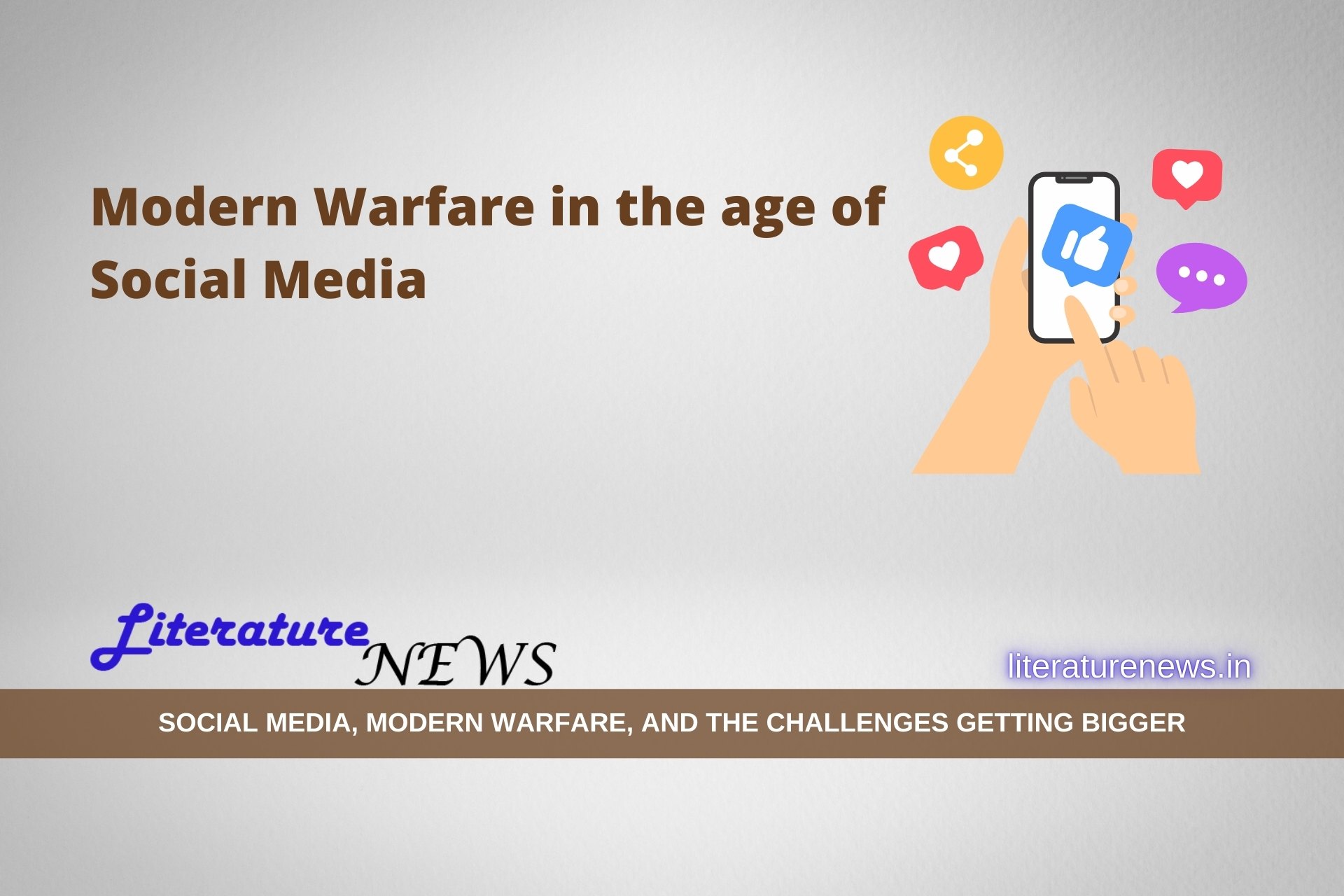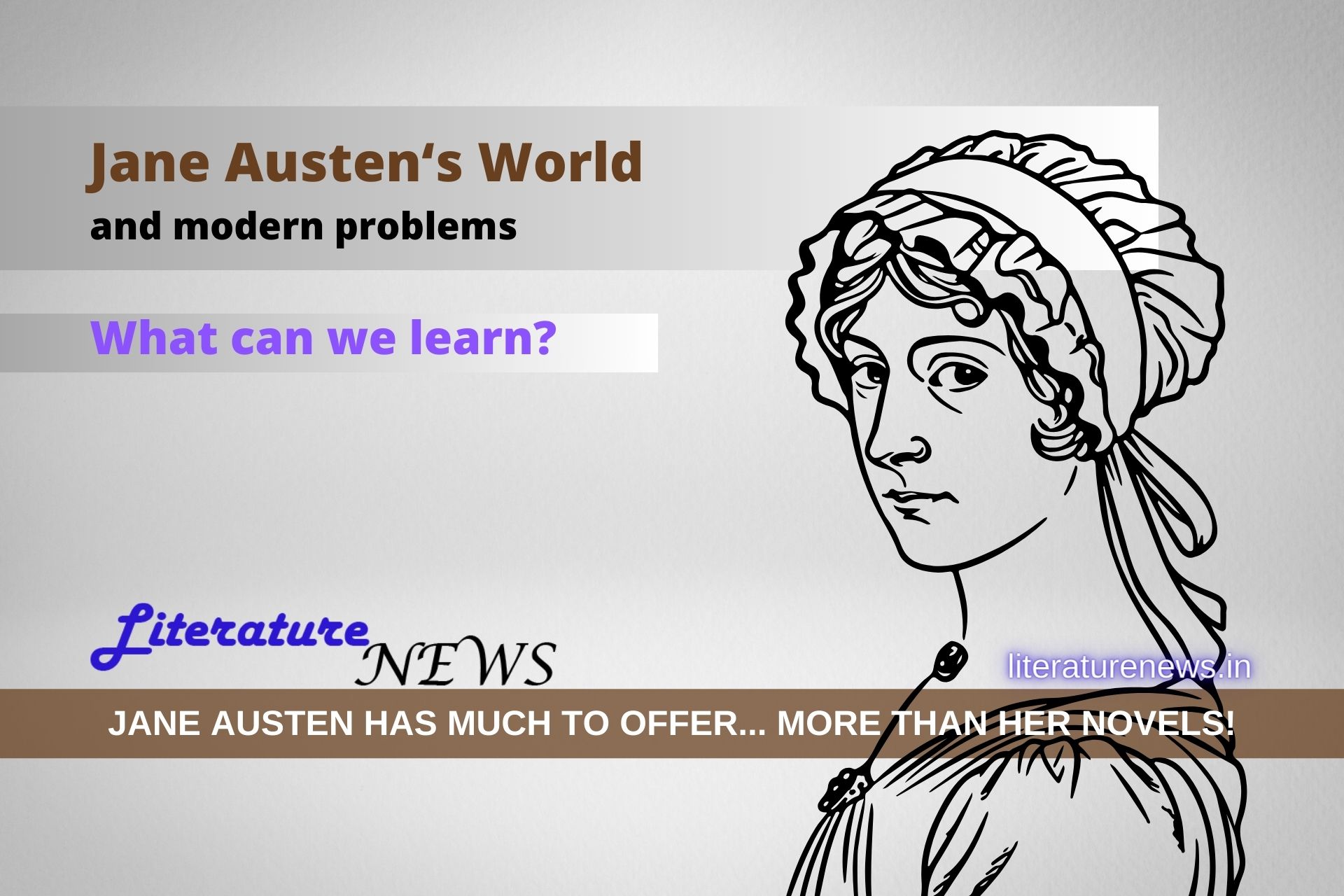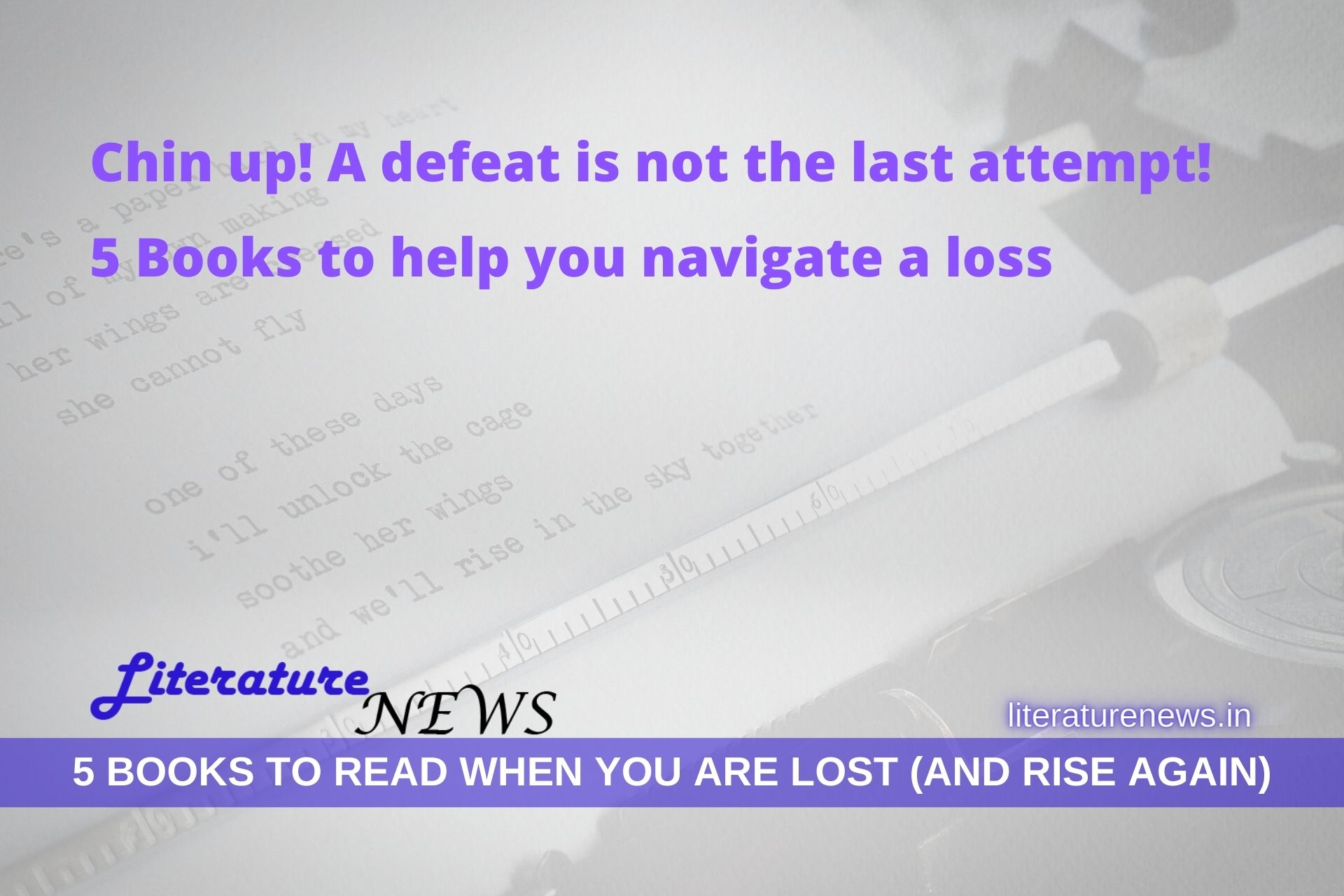I did not believe that the term political literature would ever go beyond the limited definition – literature published to propagate political agenda. For example, the Communist Manifesto (some may deny as well) and the extensive literature published by the Maoist and Communists in India (maybe other parts of the world as well), are the best examples one can cite for political literature. Nevertheless, in recent years (especially after 2010, this term has widened and we can apparently see that. Reading the works of authors like Sardesai and Sagarika, from the news industry, and then the politicians like Tharoor forcefully assert that implicit political agenda can be found in a certain per cent of literature published (if we care to look into).
Books like Indira: India’s Most Powerful Prime Minister, The Paradoxical Prime Minister, Nehru: The Invention of India and also by some less famous journalists and politicians collectively indicate one thing – if you have an agenda, write a book. If you want to extend that agenda, make the book famous by creating controversies – ‘bichhoo’ by Shashi Tharoor. However, my point is to analyse the widening circumference of political literature. An author can write whatever he or she wants. There is liberty; there is freedom of creativity which comes with certain terms and conditions. Still, asserting at one point by one author that Indira was the most powerful prime minister of India and whitewashing her sins like emergency and at another instance, an author suggesting that we breathe only because Nehry gave us the democracy and hence, proved that he was a Godfather to India, where do we go from here? Who was the most powerful? The one who usurped the post of prime minister or the other who forced emergency upon us?
While we might be busy debating the validity of the substance of the book, there are the readers who, without knowing the political sycophancy behind the words, will take the instances and propositions to be true. What can we do? A mere biography can make people believe in something! We have to admit that the tone and guise of the political literature may have changed or transformed over time, but it has become more insidious and more pungent. Injecting a few drops of political venom in a person’s account of his or her own life has also become a fashion these days. I am not extending an idea to stop these things from happening because we are born in a ‘democracy’ that Nehru gave us and some are not born because Indira took their rights to be born… this abyss of political literature is a paradox and we certainly cannot solve this in one day!
Still, we are free to read and write. We are also free to discuss and conjecture.
by Alok for Literature News






Add Comment